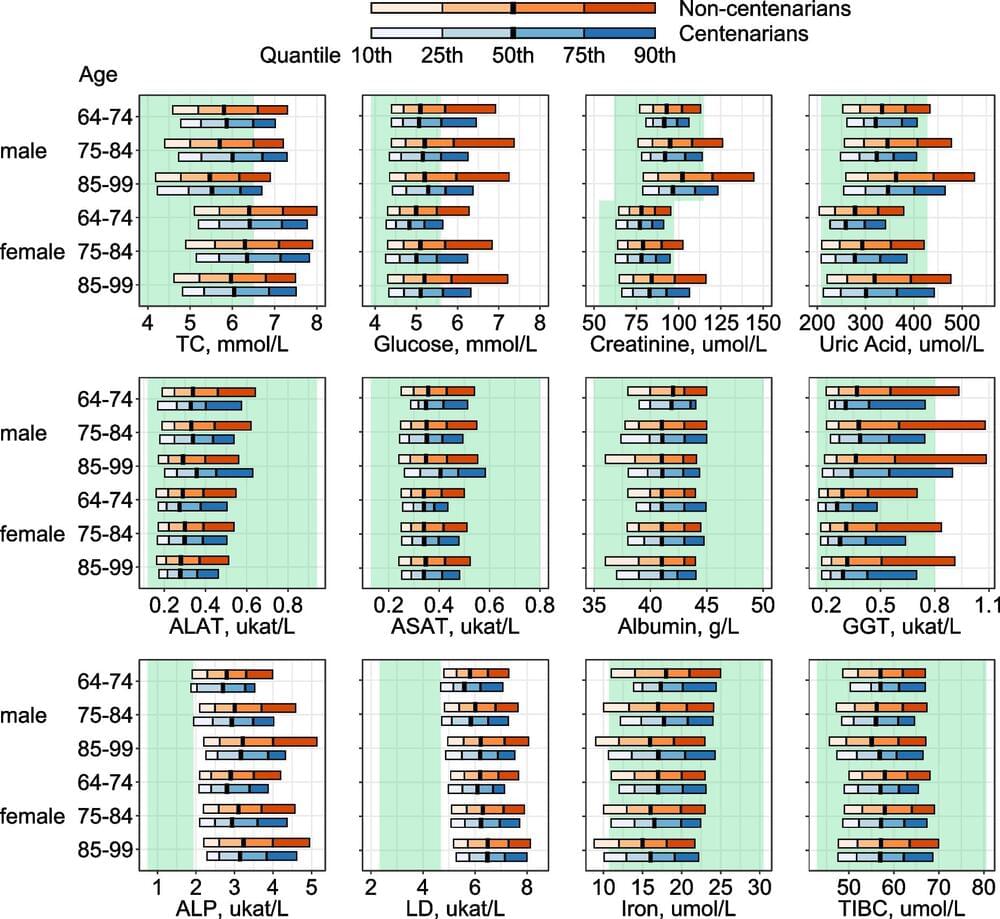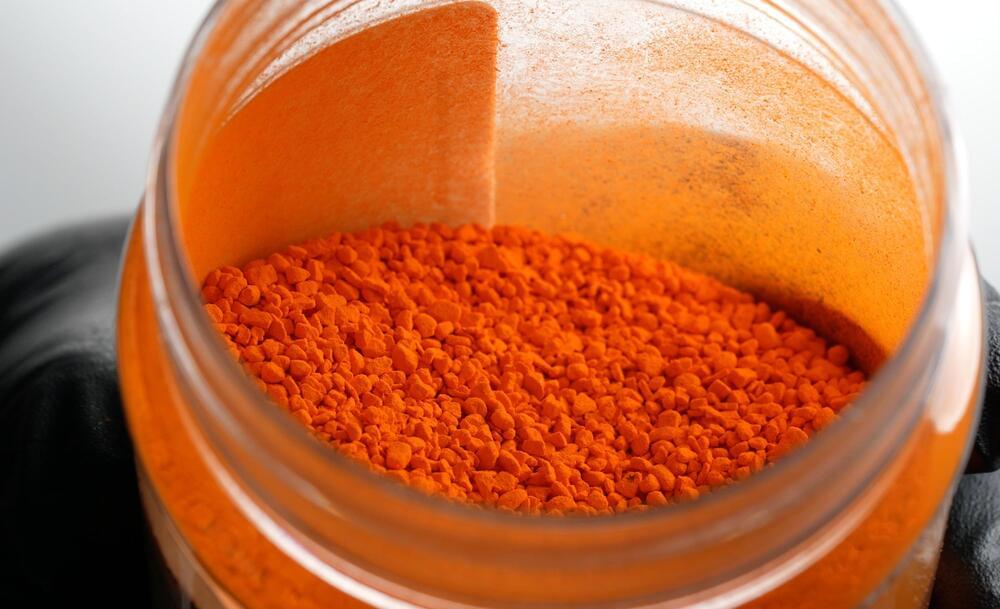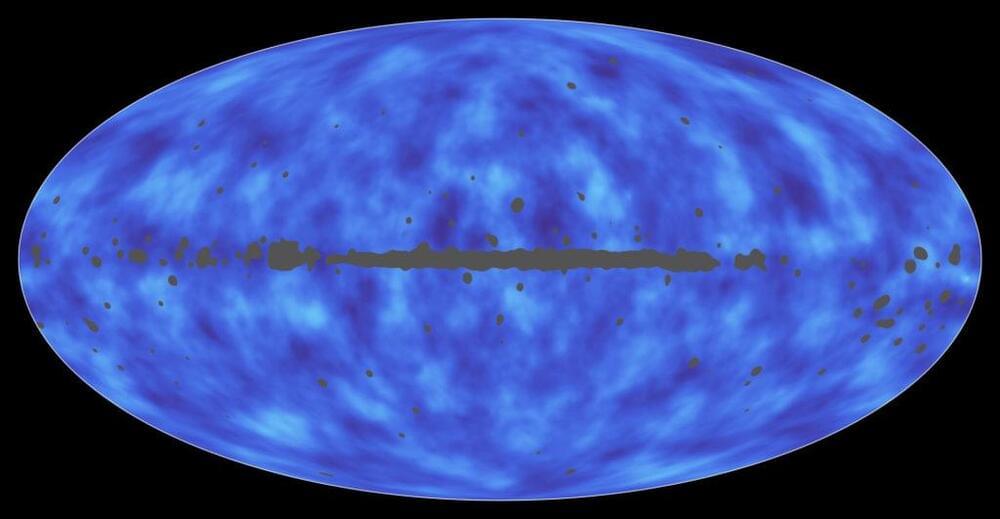Get the latest international news and world events from around the world.

Blood biomarker profiles and exceptional longevity: comparison of centenarians and non-centenarians in a 35-year follow-up of the Swedish AMORIS cohort
Knowledge of how centenarians’ biomarker profiles differ from those of non-centenarians at comparable ages already earlier in life is scarce. The lack of suitable, large prospective data with long follow-up is one likely reason for this. The Japanese cohort mentioned above included individuals aged 85+ only, and more than half of them were already centenarians at baseline enrollment. Since health selection likely starts even earlier than age 85, it is important to examine potential differences between long-lived individuals and those with average life spans already several years before—or during the process of—health deterioration.
Moreover, several studies have reported that centenarians are not such a homogeneous population as sometimes perceived. An Italian study based on 602 centenarians identified three subgroups with distinct health profiles [11]. It was found that 20% of the centenarians were in good health, 33% had intermediate health status, and 47% were in poor health. A Danish study also detected three distinct subgroups defined by health status: robust, intermediate, and frail centenarians [12]. About half of the Danish centenarians were in the “robust” group. A German study using health insurance data from 1,121 centenarians found four distinct comorbidity profiles, and only a small proportion of centenarians had a low morbidity burden [13]. These findings raise the question of whether such heterogeneity in centenarians’ health profiles is already visible earlier in life and, for example, reflected in their biomarker profiles. Uncovering potential heterogeneity in such profiles more than one decade ago may help us understand characteristics of health trajectories associated with exceptional longevity.
The AMORIS (Apolipoprotein MOrtality RISk) cohort offers a unique opportunity to compare biomarkers measured at similar ages but earlier in life between centenarians and their shorter-lived peers. The cohort contains a variety of biomarkers assessed approximately 30 years ago and was linked to several administrative health registers with data until 2020. Using these data, we aim to (i) describe biomarker profiles earlier in life among individuals eventually becoming centenarians and their shorter-lived peers, (ii) investigate the association between a set of biomarkers and the chance of reaching age 100 with up to 35 years of follow-up, and (iii) investigate differences in biomarker profiles within the centenarian population.
Tubeway Army ft Gary Numan Replicas
Tubeway Army ft Gary Numan Replicasmade for fun only no copyright intendedall rights to original artist.

Scientists make major discovery while working with scrap EV batteries: ‘The need for developing sustainable recycling methods is pressing’
Researchers have discovered a game-changing method for recycling lithium-ion batteries — without using hazardous chemicals.
This ‘Holy Grail’ Protein Repairs DNA And Could Lead to a Cancer Vaccine
Scientists have discovered a protein that can directly halt DNA damage. Better yet, a new study shows it appears to be ‘plug and play’, theoretically able to slot into any organism, making it a promising candidate for a cancer vaccine.
DNA damage response protein C (DdrC) was found in a hardy little bacterium called Deinococcus radiodurans. DdrC seems to be very effective at detecting DNA damage, putting a stop to it and alerting the cell to start the repair process.
But DdrC’s best feature might be that it’s pretty self-contained, doing its job without the help of other proteins.

Panpsychism and Alfred North Whitehead
The wave dimension is crucial. Without the time-binding wave of consciousness established by actual entities remembering their past instant(s), experiencing, choosing, and acting in their present instants, and anticipating and then passing their inheritance on to their future instant(s), it would not be possible to begin a sentence and then go on to complete it in a way that has meaning. It would not be possible to interact with ourselves or other people in a way that has meaning. We couldn’t begin, continue, and complete a meal. We would forget where we were and what we were doing. We couldn’t begin, continue, and complete a walk. We would forget where we were and what we were doing. We couldn’t undertake any complex task and remember what we were doing. We certainly couldn’t drive a car or even cross a street.
If we pay attention to our own consciousnesses closely, we find that, as each moment of our experience transpires, we take in sensations from outside in the world and inside in our bodies and then we layer feelings and thoughts and images on top of these sensations to form a moment of experience with some coherence and meaning. And this moment of experience passes its sensations and feelings and thoughts and images on to the next moment of experience with some relative coherence.
Now, with an untrained mind, our sensations and feelings and thoughts and images kind of jump around outside of our control. But with a relatively trained mind, we can focus in a way that allows us to maintain a constant stream of sensations and feelings and thoughts and images and choose what we want to focus that stream on in an expansion of our consciousnesses. That is the gift of mindfulness and meditation. Using Whitehead’s language, we can say that we can work to shift our mental prehensions to embrace a different and more powerful form or idea of what it is to be human.

Revisiting the dynamics of interacting vector-like dark energy
We revise the dynamics of interacting vector-like dark energy, a theoretical framework proposed to explain the accelerated expansion of the universe. By investigating the interaction between vector-like dark energy and dark matter, we analyze its effects on the cosmic expansion history and the thermodynamics of the accelerating universe. Our results demonstrate that the presence of interaction significantly influences the evolution of vector-like dark energy, leading to distinct features in its equation of state and energy density. We compare our findings with observational data and highlight the importance of considering interactions in future cosmological studies.
New large scale gene editing technique
Sources and further reading:
- Bridge RNAs direct programmable recombination of target and donor DNA https://www.nature.com/articles/s4158…
- Structural mechanism of bridge RNA-guided recombination https://www.nature.com/articles/s4158…
